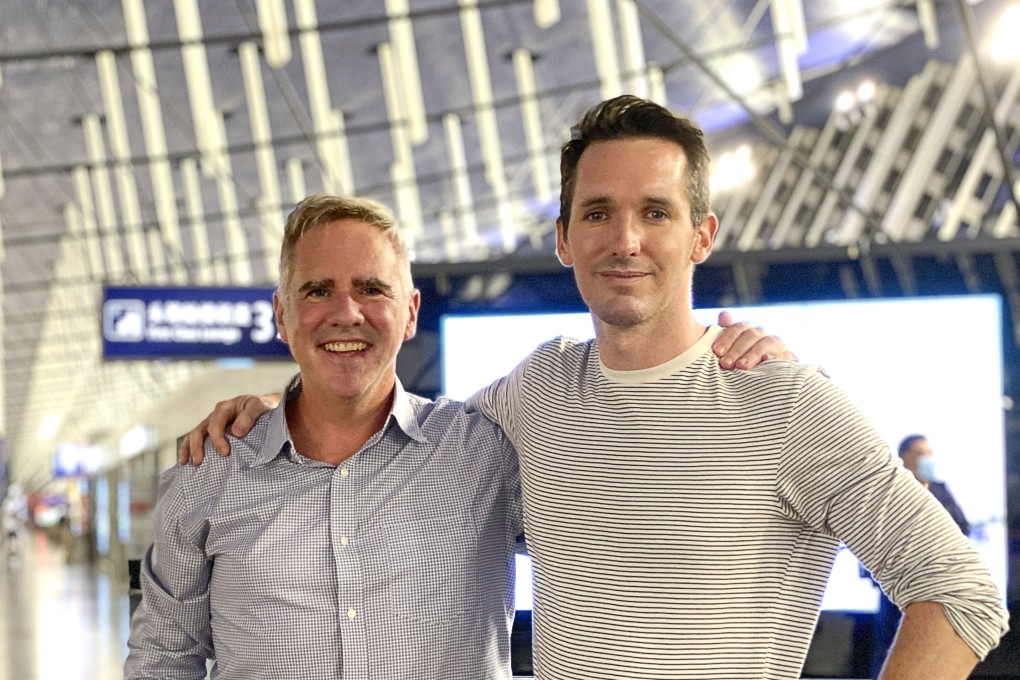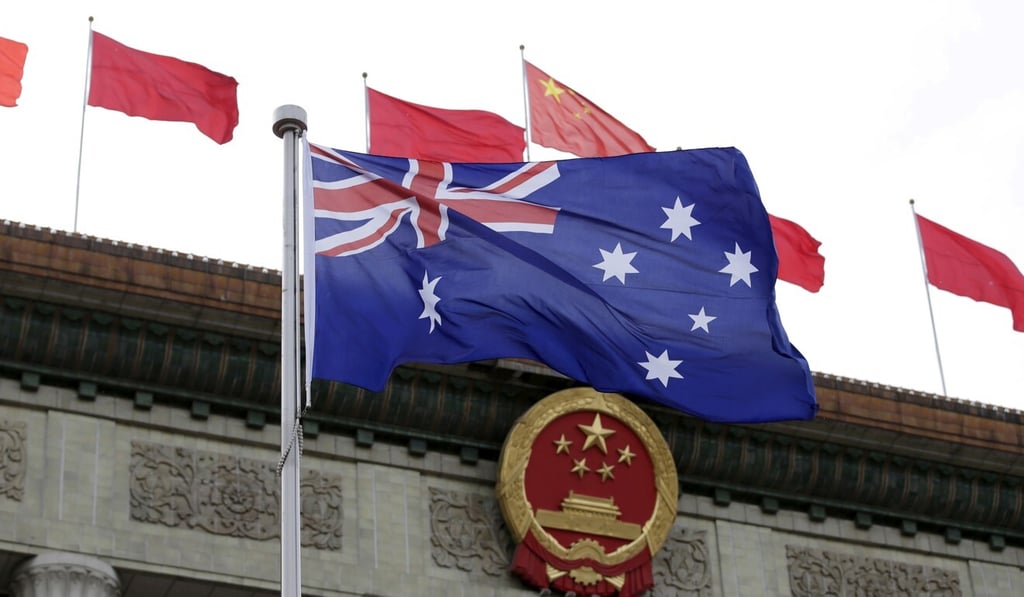Departure of Australian journalists from China seen as ‘terrible blow to mutual understanding’
- Australian media has been left without a presence on the mainland for the first time since 1973 after Bill Birtles and Michael Smith fled for their safety
- Their exit marks a new low in fraying ties between Canberra and Beijing, and closes one of a dwindling number of channels for engagement

For nearly 50 years, Australian media maintained an uninterrupted presence in mainland China. On Tuesday, that run – which began soon after Canberra and Beijing normalised ties in December 1972 – came to a sudden and dramatic conclusion after the last two journalists working for Australian media fled the mainland in fear of their safety.
The abrupt exit of correspondents Bill Birtles and Michael Smith following a days-long diplomatic stand-off between the two governments marks a new low in the downward spiral of Sino-Australian relations, closing one of a dwindling number of channels for engagement and understanding between the two countries.
“The Australian government was right to fear for their safety,” said Richard McGregor, a former China correspondent for the Financial Times who is now a senior fellow at the Sydney-based Lowy Institute. “Their effective expulsion means the Australian media now has no accredited journalists in China, for the first time since 1973, and it is hard to see when any might be allowed back in – or, more to the point, when their organisations will feel safe about sending them back in.”
Stephen Hutcheon, a Beijing correspondent for Australian newspapers The Age and The Sydney Morning Herald in the mid-1990s, said Australian media would no longer be able to “tell stories about the struggles and successes of [Chinese] people in their daily lives”.

“We’ll miss out on stories about business, stories about sport and culture, stories that may have nothing to do with politics,” he said.
Birtles and Smith, respectively correspondents for the Australian Broadcasting Corporation (ABC) and the Australian Financial Review, arrived in Sydney on Tuesday following negotiations by Australian diplomatic officials to secure their departure from China after the two men became entangled in a national security investigation.